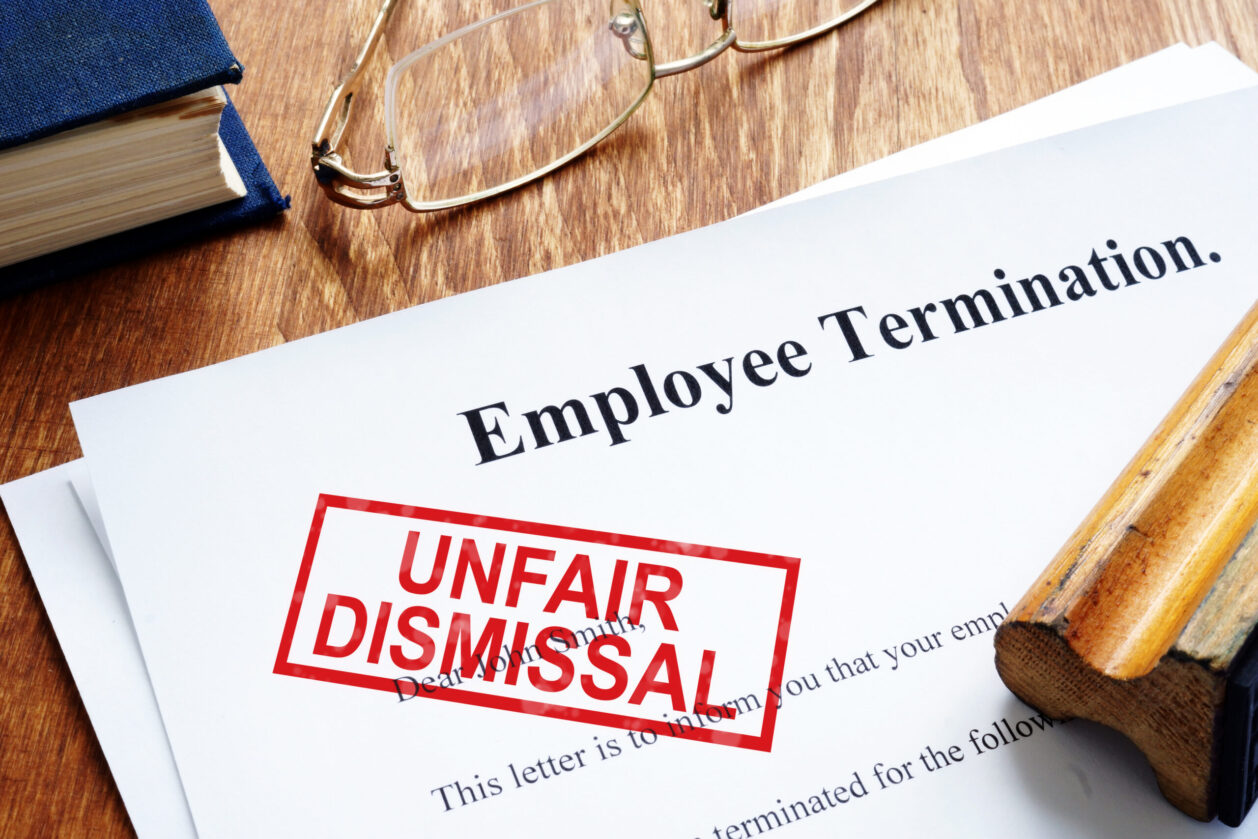Since 1 July 1992, the Superannuation Guarantee legislation has required that employers pay superannuation contributions on behalf of all employees, except those who are legally exempt.
Exempt employees
Contributions are not required for certain employees including:
- employees paid less than $450* in a calendar month, and;
- employees below 18 years of age who work 30 hours or less per week.
*Note: Some Modern Awards contain more beneficial entitlements where superannuation is payable where less than $450 per calendar month is earned. It is always advisable to check any relevant industrial instruments in this regard to ensure all superannuation payment obligations are being met.
Contributions
Employers are currently required to contribute 9.5% superannuation to employees who meet the eligibility criteria, as outlined above, until 1 July 2021. The Superannuation Guarantee Rate (SG Rate) will then increase in 0.5 per cent increments each year from 1 July 2021 through until 1 July 2025 as illustrated in the table below:
| Financial Year Commencing | Minimum SG Contribution |
| 1 July 2013 | 9.25% |
| 1 July 2014 | 9.50% |
| 1 July 2015 | 9.50% |
| 1 July 2016 | 9.50% |
| 1 July 2017 | 9.50% |
| 1 July 2018 | 9.50% |
| 1 July 2019 | 9.50% |
| 1 July 2020 | 9.50% |
| 1 July 2021 | 10% |
| 1 July 2022 | 10.50% |
| 1 July 2023 | 11% |
| 1 July 2024 | 11.50% |
| 1 July 2025 | 12% |
What earnings is superannuation paid on?
Not all earnings provided to an employee will attract a superannuation contribution. Employers are required to make contributions on ‘ordinary time earnings’ as defined in the Superannuation Guarantee (Administration) Act 1992.
Industrial awards
Although inconsistencies exist between some industrial awards and the requirements under the superannuation guarantee legislation, at present the employer is required to meet the demands of both.
Choice of fund
State
Since 1998, employees bound by state awards (with some exceptions) and state industrial agreements have been entitled to nominate a complying fund of their choice.
Under the state system, if employees do not nominate a fund, the employer is then required to use the fund specified in the award or agreement.
Federal
A default fund, is either:
- the fund(s) specified in the modern award covering the employee (or the one chosen by the employer, where there is more than one fund)
- where no fund is specified in the modern award, any fund chosen by the employer, provided it offers death insurance and meets the requirements as a compliant MySuper default fund.
Employees have 28 days from when they receive the Standard Choice Form to choose an eligible fund and this must be done in writing.
Employers are required to make contributions into the eligible fund chosen by the employee within two months of receiving written notice of the employee’s choice.
Superannuation and workers’ compensation
Each state and territory has its own workers’ compensation legislation. Currently, in Western Australia the legislation is silent on the requirement to make superannuation contributions. As such, it is CCI’s view that employers are not required to pay superannuation, while an employee is in receipt of workers’ compensation payments.
Certain modern awards, however, require employers to pay superannuation to employees who:
- are absent from work due to a work-related illness or injury;
- are receiving workers’ compensation payments; and
- continues to be employed by the employer.
Generally, payment of superannuation on workers’ compensation payments is for a maximum of up to 52 weeks.
Where a modern award requires payment of superannuation and the relevant state or territory does not, employers will still be required to pay the superannuation in accordance with the applicable modern award.
Record keeping and reporting
If the employer is required to make superannuation contributions for the benefit of the employee, the Fair Work Regulations 2009 require the record to include all of the following:
- the amount of the contributions made
- the dates on which each contribution was made
- the period over which the contributions were made
- the name of any fund to which a contribution was made
- the basis on which the employer became liable to make the contribution, including a record of any election made by the employee (including the date) to have their superannuation contributions paid into a particular fund.
The employer can decide on the format that most suits the employer. These records must be kept for seven years and in a legible form in English. If the records are not in written form, (e.g. computer disc), they must be in a form that is readily accessible and easily converted into written English.
The Fair Work Ombudsman can prosecute record keeping and pay slip obligations. Penalties apply where these obligations are not met. Current penalties range from $12,600 to $126,000 per contravention for an individual depending on the seriousness of the breach, and between $63,00 to $630,00 per contravention for a body corporate depending on the seriousness of the breach.
Under the Fair Work Regulations 2009, employers are required to report (on payslips), either entitlements to superannuation accrued during the pay-period, or actual contributions.
We recommend you contact your accountant or the Australian Taxation Office (ATO) Business hotline on 13 72 26 or visit the ATO website for more information.
For further information regarding your obligations under the Fair Work Act 2009, call CCIWA’s Employee Relations Advice Centre on (08) 9365 7660 or email [email protected].






